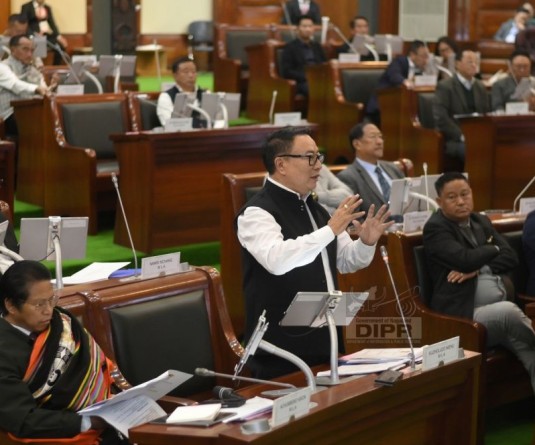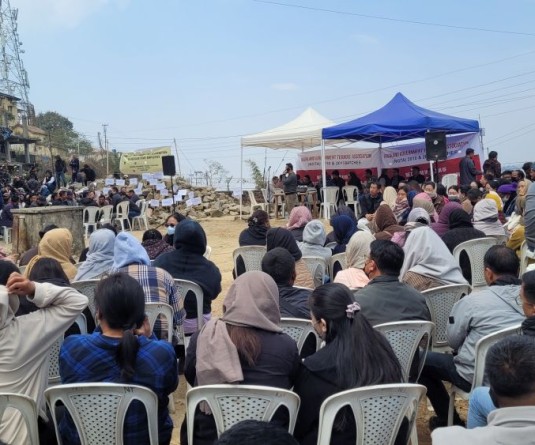
‘Strong, committed and clear’ policies supported by ‘enlightened political will’ needed: Vision 2030
Our Correspondent
Kohima | March 1
Odds seem to be stacked against the State in terms of industrialization but the challenges are surmountable. Strong, committed and clear policies supported by a strong and enlightened political will can change all of that, noted the Nagaland Vision 2030 document.
The lack of appropriate infrastructure especially that of connectivity covering the aspects of roads, power, IT and Telecom, lack of capital formation in the state and poor banking culture and coverage, lack of environment for investments starting with peace, law & order as also the peculiar land laws and land tenure systems are some of the reasons why industrialization has not taken off in Nagaland. This was stated in Nagaland Vision 2030 statement.
Other reasons include poor access to markets of India as a result of remoteness, isolation and a landlocked situation along with very poor connectivity, poor internal economy and lack of local markets for promotion of products before export, and lack of industrial labor force.
On the one hand, the population of the state is very low, without sufficient manpower for agriculture, while the growing educated population is focused mainly on government employment. There also appears to be a stigma associated with labor oriented jobs.
It also cited other reasons such as lack of entrepreneurial skills and technical know-how including management skills that appear to be the main reasons for the failure of the Sugar Mill and the Paper Mill apart from inertia of public sector understandings, lack of identification of the products for ‘Make’ in Nagaland, high expectations and widespread dependence on government for the development of industries while on the other hand, the government has no resources and lacks technological knowhow to promote industries.
“Lack of clear definition and charter of duties of the industry department that it still functions on the principles and model of the Rural Industries Program (RIP) later renamed as the District Industries Centre,” it stated, adding that such limitations have further been translated to the functioning of the various corporations that have been set up as promotional bodies but have been neglected and have mostly become dysfunctional although their rationale still exists. These include Nagaland Industrial Development Corporation, Nagaland Handloom & Handicraft Development Corporation and Nagaland State Mineral Development Corporation.
“A look at the constraints appears as if the odds are stacked against the state. But they are not insurmountable obstacles. In fact, it does not mean that there is no potential for industrialization in the state,” the Vision document stated, adding that they can be overcome by a clear and determined approach involving strong, committed and clear policies supported by a strong and enlightened political will.
The instruments, the institutional arrangements and the philosophy of intervention for industrialization will need to be clearly defined and acted upon to create an enabling environment for industrialization to take off in the state, it added.






